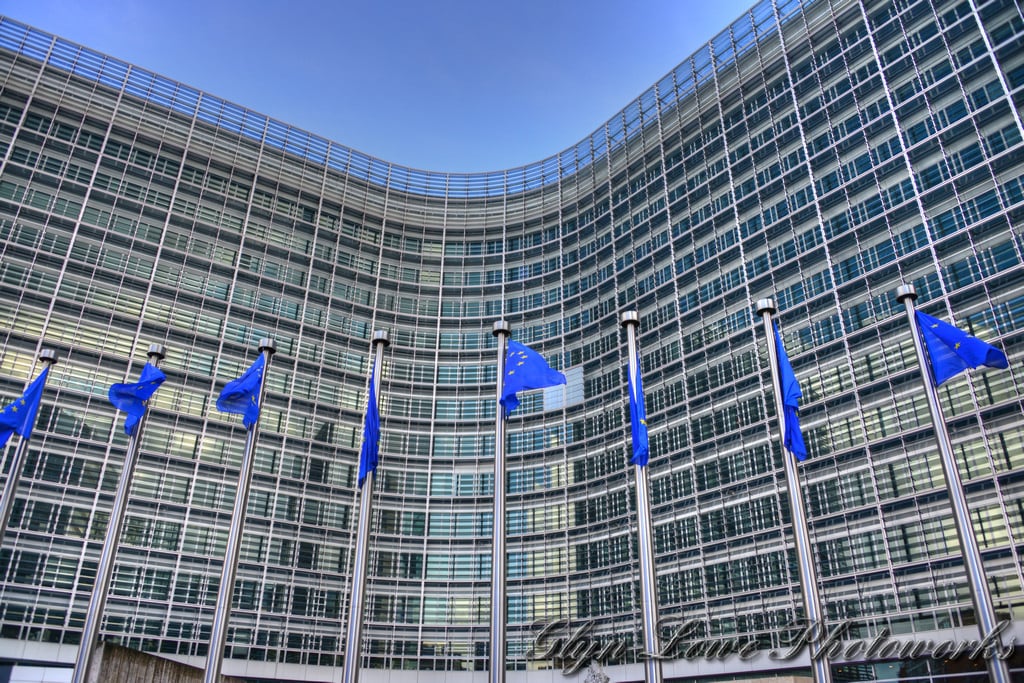
Proposals from the Agency for the Cooperation of Energy Regulators (ACER) to remove priority dispatch for existing renewables generators across Europe are irresponsible and potentially damaging to investor confidence, the head of Europe’s solar trade association has said.
Last week ACER responded to the European Commission’s clean energy proposals to phase out priority dispatch, requesting that they go considerably further and remove it from all existing renewables in Europe.
Try Premium for just $1
- Full premium access for the first month at only $1
- Converts to an annual rate after 30 days unless cancelled
- Cancel anytime during the trial period
Premium Benefits
- Expert industry analysis and interviews
- Digital access to PV Tech Power journal
- Exclusive event discounts
Or get the full Premium subscription right away
Or continue reading this article for free
ACER claimed in a white paper that the current system threatened to skew the energy market by not allowing the cheapest plants available to run and would also give rise to the “perverse outcome” that existing generators would refrain from updating outdated components.
But in a letter responding to ACER, some of Europe’s leading renewables trade associations said the proposed measures amounted to retroactive punishment, something which “inappropriately undermined” the commission’s plans to make such measures illegal under the renewable energy directive.
“By supporting retroactive measures, the publicly-funded European agency effectively undermines investor certainty and confidence in renewable energy and hence jeopardises Europe’s energy transition. This recent statement also raises the question whether such technology-specific positions are in line with ACER’s mandate as defined in the Third Energy Package,” the letter states.
It goes on to call for the proposals to be rejected outright and suggest policy makers within the commission remain “particularly vigilant” of ACER and the national regulators it represents.
James Watson, chief executive at Solar Power Europe, told sister publication Clean Energy News it was an “irresponsible position” for ACER to take at a time when there is a common perception that such action would be “extremely harmful” for renewable energy investments.
“The sum of these new ACER proposals is effectively to reduce investor stability and confidence in renewable energies and thus it is imperative that policy makers across Europe reject these proposals, as the European Commission has already done in its clean energy for all package,” Watson said.
He went on to discuss the nature of ACER and how it now appeared to be using public funds to lobby on behalf of specific technologies over others.
“I believe that the role of ACER must now be critically examined and through the regulation on ACER policy makers should seek to ensure that it is a technology neutral organisation that must not engage in lobbying paid for by the public purse,” Watson said.






